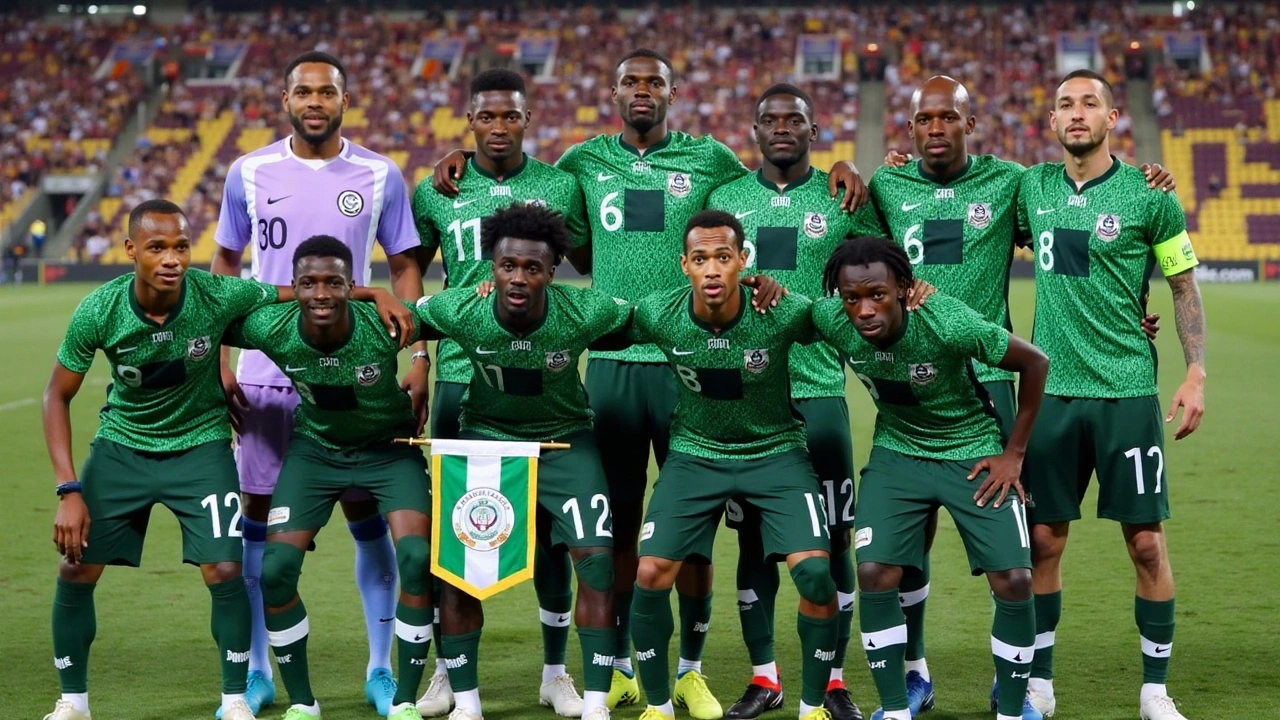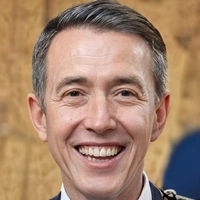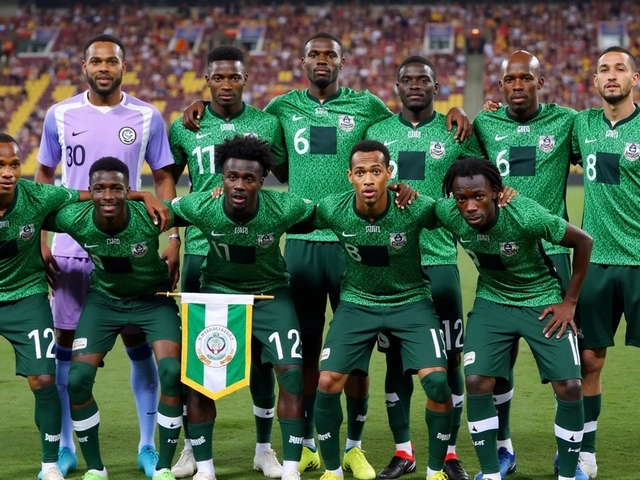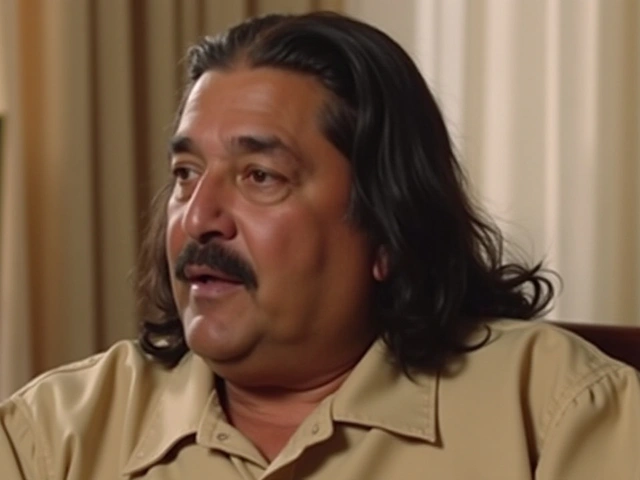Super Eagles Stand Firm: Boycotting Libya Match Amid Airport Ordeal
Stuck in Transit: A Football Team's Unplanned Layover
The Super Eagles, Nigeria's football pride, found themselves in an undesired situation that forced them to take a dramatic stance right before a pivotal match. On what seemed to be a routine travel to Libya for their Africa Cup of Nations qualifier, the Nigerian team was unexpectedly diverted to Al Abraq Airport, miles away from their intended destination. What was supposed to be a straightforward trip spiraled into a marathon 12-hour ordeal, with players stranded without basic nourishment and convenience facilities.
This unplanned diversion from Benghazi Airport to Al Abraq Airport, known mainly for handling hajj operations, came with no preemptive logistical preparations for the team. The Nigerian Football Federation (NFF) found itself grappling with an unexpected scenario, as previously organized vehicles for player transport were stationed at Benghazi, unaware of the sudden detour. Starved and vexed, the players had to endure long hours of waiting before any feasible solution could surface.
The Aftermath of Detours and Delays
The Libyan Football Federation's oversight in welcoming the Super Eagles added insult to injury. No reception, no vehicles, and no food or water for the team only amplified the mounting frustration. In a moment described by captain William Troost-Ekong as intolerable, an agreement was reached among players and officials that the match was a no-go. Such a stance highlighted the grave importance of player welfare over formal obligations.
Troost-Ekong did not mince words, labeling the ordeal as a disgraceful affair that has tarnished the spirit of international sporting events. With emotions running high, Nigeria's Government was implored to step in and ensure the safety and comfort of its national team. The Nigerian populace resonated with the sentiment, floodgating support for their team's resolution to step off the pitch.
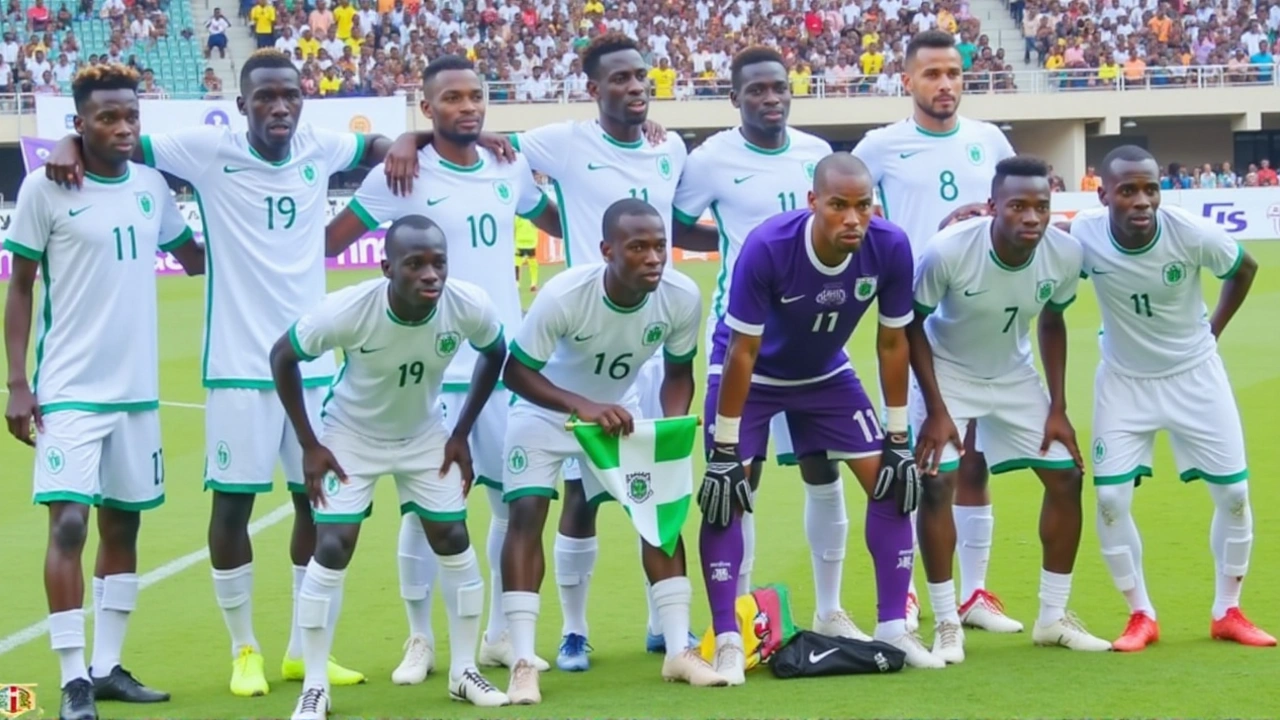
A Call for Dignified Treatment: Beyond Football
Amidst a flurry of statements, the Libyan Government and Football Federation attempted to offer explanations, reminding all that flight diversions are a common occurrence. Yet, easing tensions involved more than just logistical justifications. Striking a balance between unexpected challenges and client— or in this case, team—care reveals the fractures that can emerge in such international arrangements.
The scenario extends beyond sports, uncovering pivotal concerns about operational preparedness, inter-organizational communication, and visitor hospitality. While Libya had its own explanations, the visible impact on the Super Eagles left many questioning whether due respect was shown to their traveling opponents.
Unified Voices Against Neglect
Nigeria has come together in an outpouring of support, reinforcing the importance of standing up against neglect and ensuring that safeguards for traveling teams are never undermined again. The Super Eagles' decision is seen not only as a bold sporting statement but a call for respect and dignified treatment, achievable with effective communication channels and contingency planning.
The ripple effect of this decision has been loud and clear, with many in African football circles backing Nigeria's defiance. The sentiments emphasize that football is not just about goals and trophies; it's about showcasing unity, respect, and addressing institutional shortcomings when they arise.
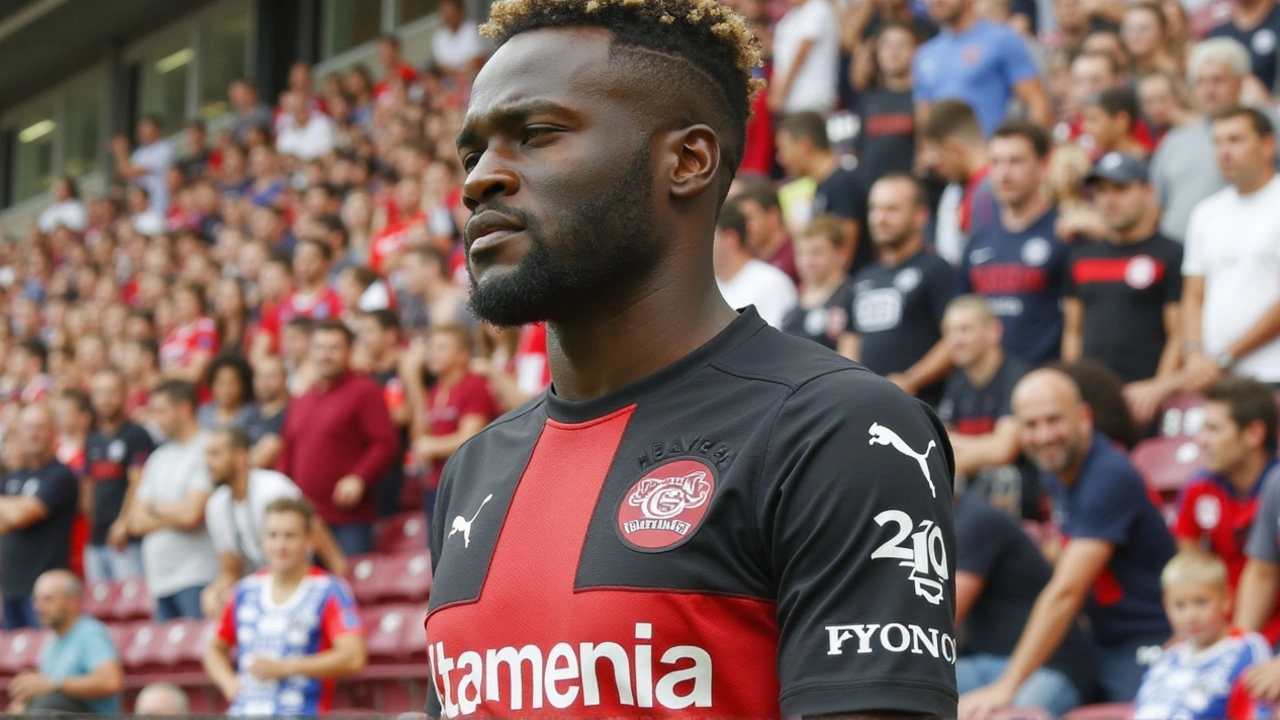
Future Implications and Resolution
The Super Eagles are now charting their return home, but the implications of these events linger in various football associations' minds. How they ensure such an episode doesn't recur is now under the spotlight. Governments and football federations alike will need to reassess and fortify their collaborative efforts, embedding practices that prioritize human safety and comfort amidst competitive engagements.
This episode, though distressing, brings forth an imperative dialogue on what it means to cater beyond the game, extending to the care of those who bring talent and passion to the pitch. If anything, such incidents open doors to conversations that lead to systemic enhancements and a more welcoming environment for global sports communities.
